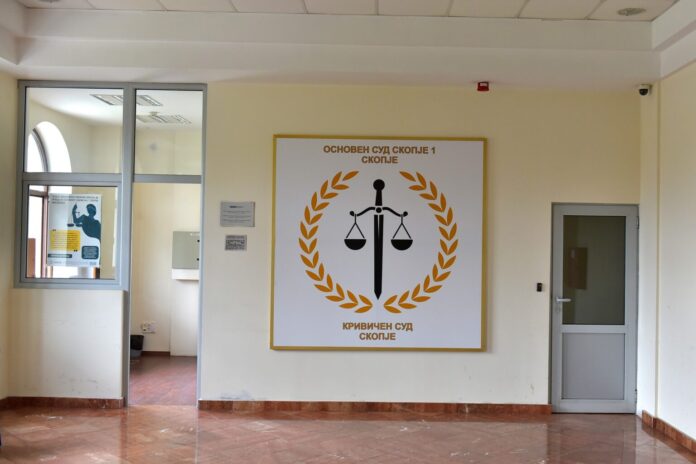Во однос на одредени медиумски известувања и коментари за одлуката на Европскиот суд за човекови права во Стразбур на апликантот Миле Јанакиевски против државата и наводите дека „притворот бил неосновано определен“ апелираме до медиумите, но и правните критичари дека е потребно прецизно и дословно известување за вакви сензитивни теми, реагираат од Основен кривичен суд Скопје.
Реакцијата ја пренесуваме во целост.
„Според пресудата – притворот за Миле Јанакиевски е оправдан, а критикувана е должината на жалбената постапка.
Имено: Пресудата на ЕСЧП е веќе достапна на нивната веб страница и потребно е точно и внимателно да се прочита нејзината содржина пред да се навлезе во неосновани критики и погрешни заклучоци, со кои се информира јавноста. Во ниту еден дел не ја оспорува основаноста на определените мерки притвор и куќен притвор во прв степн, напротив ЕСЧП констатирал дека притворот бил оправдан, НО утврдува пропусти во лишувањето од слобода на обвинетиот, како и „брзината“ на жалбената постапка во повисок степен:
FOR THESE REASONS, THE COURT, UNANIMOUSLY,
1. Decides to join the applications;
2. Declares the complaints under Article 5 §§ 3 and 4 (concerning the lack of a “speedy” review of the applicant’s house arrest) admissible and the remainder of the applications inadmissible;
3. Holds that there has been a violation of Article 5 § 3 of the Convention on account of the lack of sufficient reasons for the applicant’s deprivation of liberty;
4. Holds that there has been a violation of Article 5 § 4 of the Convention on account of the lack of a “speedy” review of the applicant’s deprivation of liberty;
5. Holds that there is no need to examine the remaining complaints under Article 5 of the Convention;
Во прилог на образложението дека основаноста на определениот притвор бил поткрепен со соодветни докази говори и точка 95 од пресудата според која „нема индикации дека оценката направена од домашните судови во овој поглед била произволна или очигледно неразумна“
95. The applicant complained under Article 5 § 1 that there had been no reasonable suspicion that he had committed a criminal offence in the first set of proceedings. The Court notes that for the initial orders for detention in prison, the prosecutor submitted in the first set of proceedings evidence in the form of messages sent via Viber and SMS, records from another set of criminal proceedings in support of the request that the applicant be detained (see paragraph 6 above).
Reiterating that the facts which raise a reasonable suspicion need not be of the same level as those necessary to justify a conviction, or even a bringing of a charge (see Merabishvili, cited above § 184), and noting that there are no indications that the assessment done by the domestic courts in this respect was arbitrary or manifestly unreasonable, the Court accepts that there was at the material time a reasonable suspicion that the applicant had committed the offences (see also paragraph 76 above). This part of the applicant’s complaint, which was not communicated to the Government, must therefore be declared inadmissible in accordance with Article 35 § 3 a) of the Convention as being manifestly ill-founded.
Заради сето тоа сметаме дека е потребно пред се точно и дословно известување и коментирање во однос на пресудите на ЕСЧП бидејќи во спротивно се гради дискредитирачко јавно мислење за постапувањето на судот.“


































